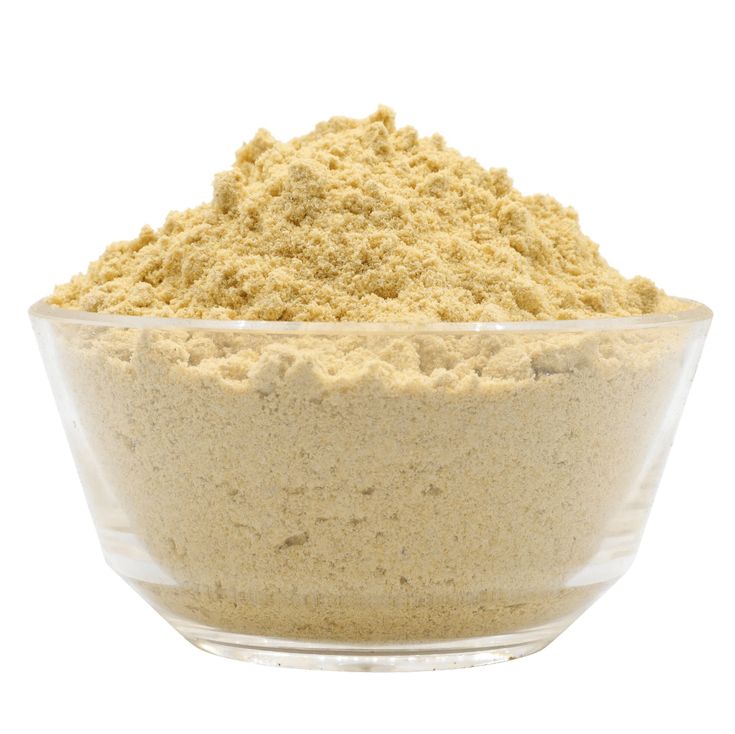Send Us A Message Now

Poppy powder
Price range: $200.00 through $1,500.00
Poppy powder
Poppy powder is a ground-up form of the opium plant, which is widely used to make poppy seed muffins, cakes and other foods. The opiate-rich poppy powder is also used in traditional medicinal medicines and as a recreational drug. The opium poppy plant, papaver somniferum plant is native to Asia, Europe and North Africa. It has been cultivated for thousands of years for its seeds, which are used in baking and for its latex which is used to make opium and other drugs. The Latex from this plant is the source of many opiate drugs, including heroin.
It is made from the dried and crushed poppy heads. It contains a variety of alkaloids including morphine, codeine, thebaine and others. When used recreationally, These alkaloids can be highly addictive and dangerous. The United Nations Office on Drugs and Crime(UNODC) classifies opium as a schedule I drug, Meaning it has a high potential for traditional medicine. It has been used to treat a variety of ailments, including pain, insomnia, and cough.
While its use in traditional medicine is till practiced in some parts of the world, its use as a recreational drug is becoming increasingly popular. the effects of opium can range from calming and sedative to stimulating and euphoric. its effects depend on the amount and type of alkaloid it contains. bhukki
The most common effects include drowsiness, nausea, constipation and respiratory depression. Poppy pods online can also be extremely addictive and can lead to overdose and death. opium can be dangerous if not used responsibly. It should never be used recreationally and should always be taken under the guidance of a medical professional. It is important to remember that opium is a Schedule I drug and is illegal in most countries. Evidence of its use can lead to serious legal consequences. buy the best dried poppy pods usa
Bhukki – The Silent Ember of Forgotten Fields
Bhukki, the coarse residue born from the husks of the opium poppy, carries within it the faint perfume of both medicine and menace. Once considered a byproduct, it evolved into a quiet obsession in certain corners of the world—a rustic intoxicant, whispered about in villages and alleys alike.
Derived from the Papaver somniferum plant, Bhukki retains traces of alkaloids like morphine and codeine, the same spirits that give opium its potent allure. Yet, unlike the refined extract of afeem, Bhukki is the earthier sibling, grounded and unpretentious, consumed not for luxury but for escape. It is often brewed into bitter teas, a drink that carries the warmth of relief and the chill of dependency in equal measure.
In rural landscapes, where the sun burns harsh and life moves with aching slowness, Bhukki found its place as a cheap solace—a companion to laborers and wanderers alike. It dulls fatigue, softens pain, and blurs the boundaries between body and burden. For many, it is not a vice but a ritual, woven into the rhythm of survival.
Yet beneath its humble guise lies the same insidious charm that shadows all opiates. The warmth it lends at dawn turns into craving by dusk. The gentle hush it brings to the nerves transforms into chains upon the spirit. What begins as comfort ends as captivity, a soft descent into dependence masked by familiarity.
Culturally, Bhukki sits in the twilight between folk medicine and forbidden indulgence. Some speak of it as a natural sedative, a way to calm the body without malice. Others view it as a slow poison—its effects creeping, subtle, and relentless. It reflects the eternal human paradox: our yearning to numb pain even when the remedy becomes the wound.
Today, as the world tightens its grip on narcotic substances, Bhukki lingers in the shadows of legality, a ghost of the poppy trade that once ruled empires. Authorities seek to erase it, yet in hidden pockets of the earth, it persists—an echo of old habits, a reminder that solace often grows from the same soil as sorrow.
Bhukki is not merely a substance; it is a story of endurance and erosion—a symbol of how easily relief can disguise ruin. In its dry, crumbling form lies a lesson older than civilization itself: that every comfort borrowed from nature must be repaid in kind.
| Quantity | 2 Lbs, 5 Lbs, 10 Lbs, 20 Lbs |
|---|


